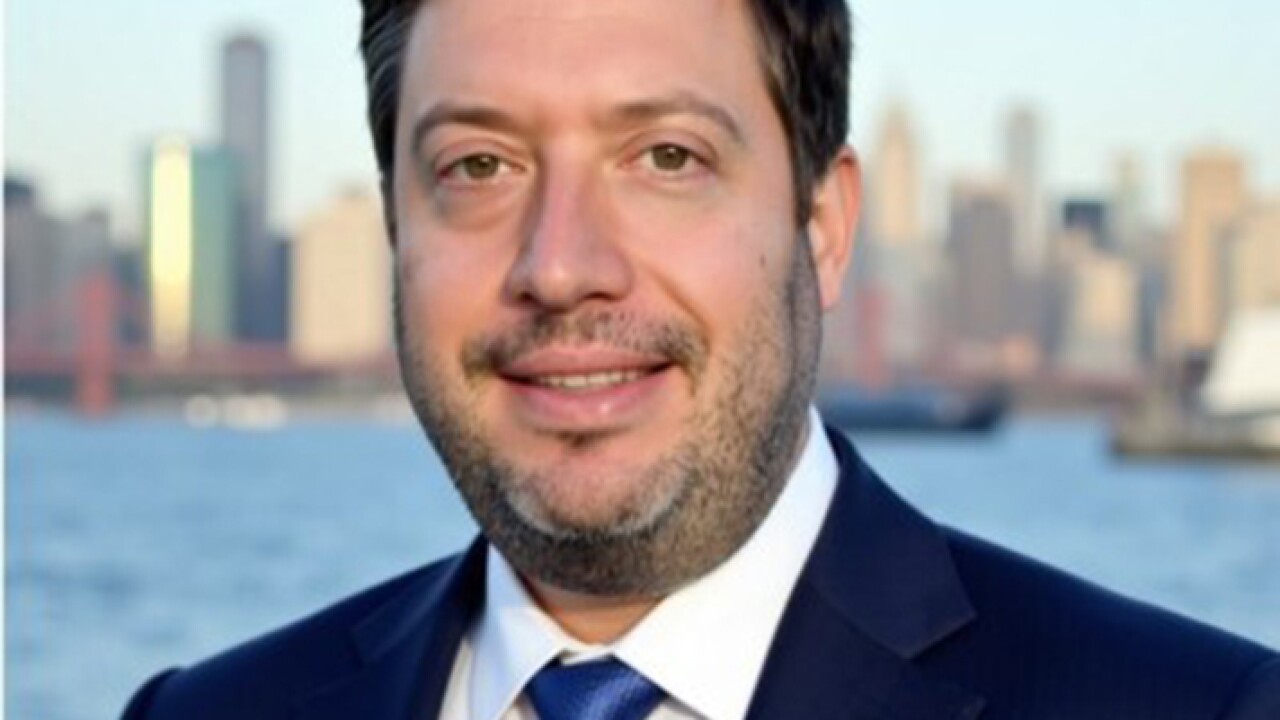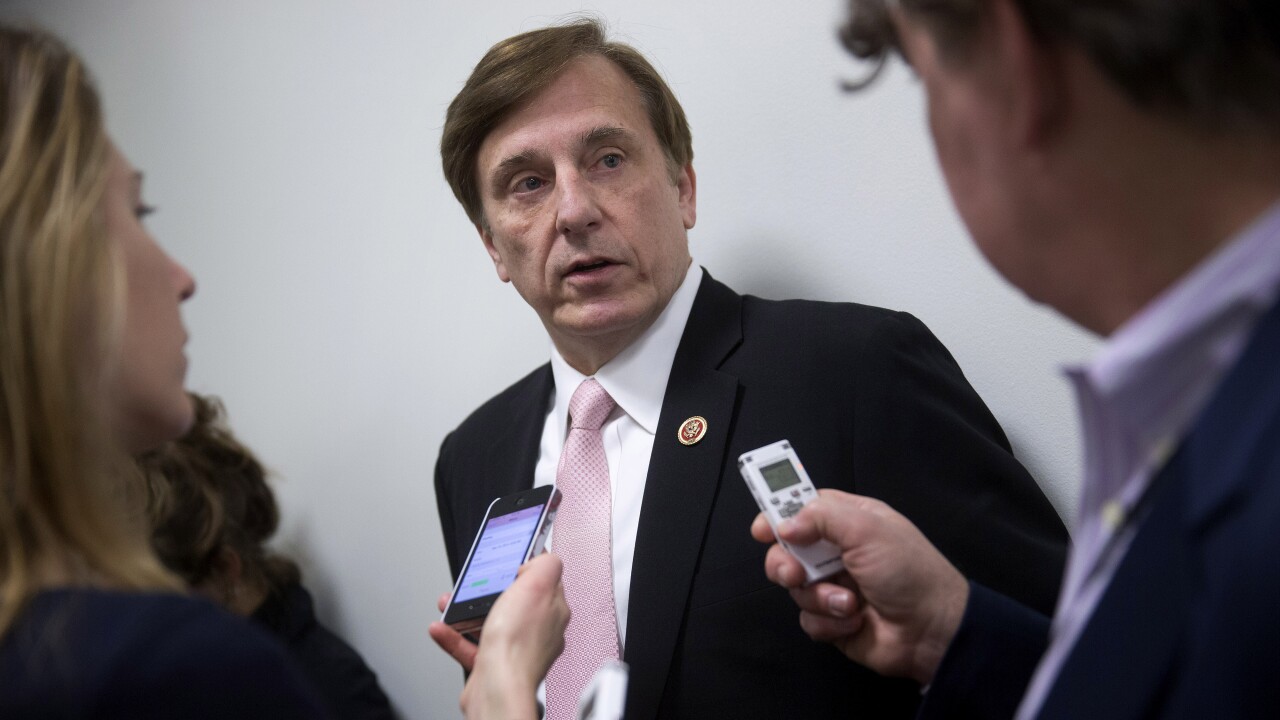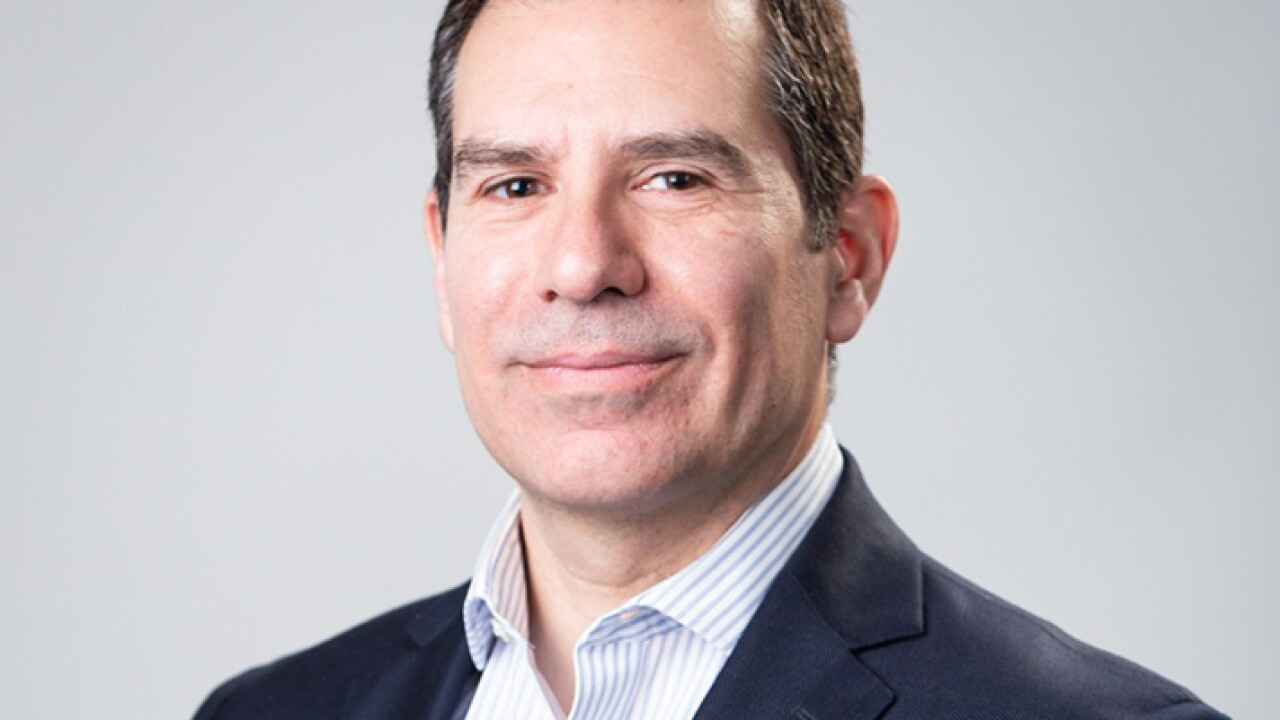ATLANTA - Nashville Mayor Phil Bredesen and Houston Oilers owner Bud Adams Thursday signed an agreement to bring Tennessee its first professional sports team, as city and state officials pushed to build a $292 million stadium.
Processing Content
But before the Oilers begin packing for the move, Nashville must sell 41,000 permanent seat licenses to raise $71 million, and its 40-member governing body must agree to the contract. The Nashville-Davidson County Metropolitan Council will vote on the agreement at a Nov. 21 meeting, but marketers haven't begun to push seat reservations.
Despite those hurdles, Bredesen believes Nashville can build the Oilers a stadium in time for the 1998 National Football League season, according to the mayor's spokeswoman, Tam Gordon.
Under the deal, the team commits to stay in Nashville for 30 years or face penalties such as paying off any outstanding debt. The team will operate the stadium and pocket profits from game-day parking and concessions.
By Jan. 20, 1996, Nashville must line up commitments for 41,000 seat licenses - which permanently guarantee fans first crack at buying season's tickets - and leases on 100 luxury suites at the 65,000-seat, open-air stadium. Some companies already have inquired about luxury boxes, Gordon added.
Once these deadlines and demands are met, Gordon said, Tennessee lawmakers must commit about $72 million of state support to Nashville by March 10. Then, NFL owners would consider the Oilers' move at a scheduled March 15 meeting.
For their part, legislators must approve $55 million of general obligation bonds and $18 million in cash for road improvements around the proposed stadium.
Also as part of the financing plan, Tennessee wants to lease the former and now-empty Middle Tennessee Mental Health Institute from Nashville to house parole violators. Annual lease payments of $387,000 would help pay off $10 million of stadium revenue bonds sold by the city.
But lease negotiations between the state and city have broken down because the state wants a longer agreement - 30 years - than Nashville will give. Until the dispute is resolved, Gordon said, state lease payments are "out of the equation" for financing the stadium.
But state officials have promised to find another source of money to cover bond payments if the correctional lease falls through, she said, adding that Gov. Don Sundquist strongly supports this approach.
More immediately, two Metro Council members said they would vote against the package on Nov. 21 because their constituents fear stadium- related expenses will hike their taxes.
Councilman Lawrence Hart said he disagrees with the mayor's plan to take $4 million a year from Nashville Water Department surplus funds to pay off $55 million of city revenue bonds. Bredesen proposed the fee because he said the water department gets most municipal services provided to it free, and it's time to give something back.
Hart argued that any surplus water funds should go back to customers as reduced rates before paying for a stadium. To that end, he plans to introduce a resolution that would remove the $4 million charge from the financing package.
Another council member, Chris Ferrell, said that if the city has the leeway to free up significant money, it should spend it instead on improved infrastructure and schools. Ferrell voted against previous resolutions that support the stadium, but said he expects the November contract vote to be approved "without a hitch."o





